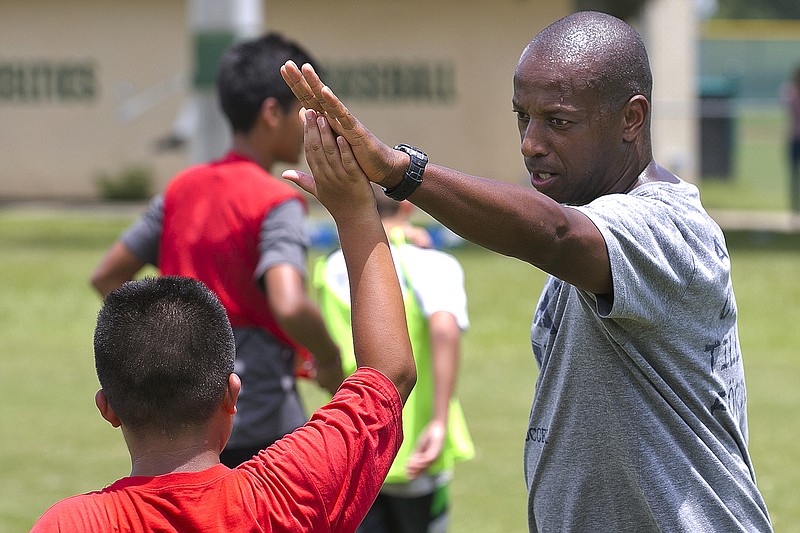SAN FRANCISCO (AP) — In the first lawsuit to come out of the college bribery scandal, several students are suing Yale, Georgetown, Stanford and other schools involved in the case, saying they and others were denied a fair shot at admission.
The plaintiffs brought the class-action complaint Wednesday in federal court in San Francisco on behalf of themselves and other applicants and asked for unspecified damages.
They argued applicants who played by the rules were victimized when rich and famous parents paid bribes that enabled unqualified students to get into highly selective universities.
“Each of the universities took the students’ admission application fees while failing to take adequate steps to ensure that their admissions process was fair and free of fraud, bribery, cheating and dishonesty,” the lawsuit said.
Legal experts, though, said the students could have difficulty holding the colleges responsible.
The scandal erupted on Tuesday when federal prosecutors announced charges against 50 people, including coaches and dozens of parents, among them TV actresses Felicity Huffman and Lori Loughlin. Prosecutors said parents paid to rig standardized exams and bribed coaches to get their children designated as recruited athletes in sports they didn’t even play, thereby boosting their chances of getting in.
The colleges have cast themselves as victims and have moved to distance themselves from the coaches, firing or suspending them.
The investigation began with a tip from an executive under suspicion in a securities fraud probe, according to a law enforcement official who was not authorized to discuss the case and spoke on condition of anonymity.
The executive told Boston authorities the women’s soccer coach at Yale offered to label the executive’s daughter a recruited athlete in exchange for cash, the official said.
Among other developments Thursday:
• The Hallmark Channel cut ties with Loughlin, a longtime star of its feel-good movies.
• Cosmetics company Sephora dropped Loughlin’s daughter Olivia Jade Giannulli, a 19-year-old social media star who frequently pushes products online.
• Golfer Phil Mickelson said he used the college consulting company accused of orchestrating the scheme, but emphasized his family was not involved in any fraud. One of his daughters is a sophomore at Brown University. Brown said it has found no evidence of fraud among its athletes.
The class-action complaint was brought initially by Erica Olsen and Kalea Woods, now students at Stanford. It was revised Thursday to remove Olsen and add three new plaintiffs, students at Tulane, Rutgers and an unnamed community college.
One of the institutions being sued, the University of Texas at Austin, issued a statement saying it is “outraged” over the bribery scheme and any wrongdoing at the school does not reflect its admissions practices and was carried out by “one UT employee.”
Other schools named in the lawsuit were the University of Southern California, the University of California at Los Angeles, Wake Forest University and the University of San Diego.
The students in the lawsuit could have a difficult time tying the schools to the fraud in the absence of further evidence, said Joy Blanchard, a professor at Louisiana State University who focuses on higher education law.
“They won’t be able to prove that the universities were behind some grand scheme,” she said.

